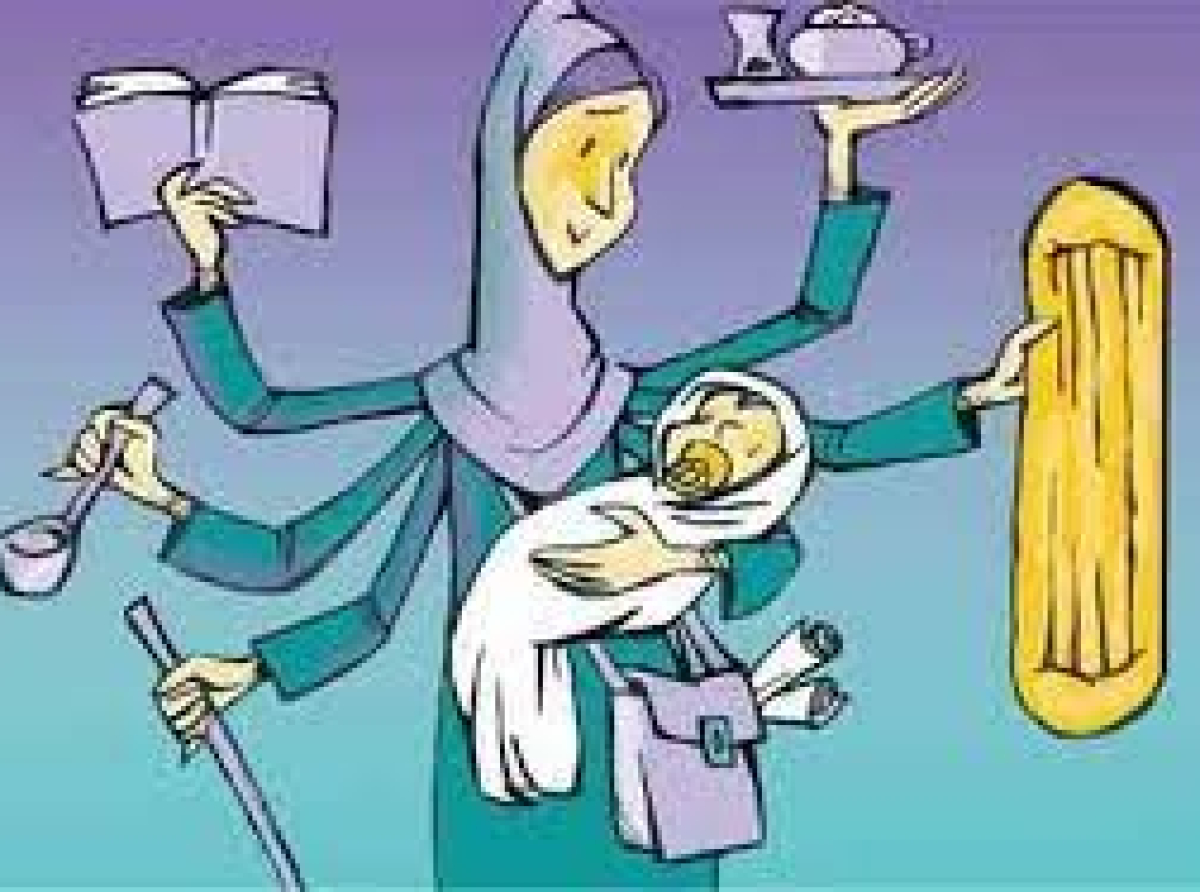The position, rights, duties and powers of Muslim women is a subject that has always been of interest since a long time ago.
In the financial law system of Islam, due to the importance of the role of the family in realizing individual and social goals and interests and the pivotal position of women in it, women's rights are supported in a way that includes all aspects of their lives in the natural, human and spiritual dimension.
In Islam, due to the importance of the family's role in achieving individual and social goals and interests and the pivotal position of women in the family, women's rights are supported in a way that includes their whole life in the natural, human and even spiritual dimension and all the principles governing the system. Family and collective order are considered.
Here we want to point out three cases of women's financial rights.
The rights that are given to women due to family relations and include matters such as inheritance and dowry, after which financial rights are given to women as heirs or parents. In this sector, in fact, there is no difference in ownership between women and men, but in some cases, there are differences in the amount of women's and men's shares, the reason for which is the heavy financial responsibilities that men owe.
From the point of view of religion, women enjoy complete economic independence.
Another source of acquiring wealth is inheritance. Historically, inheritance is rooted in customs, traditions and strong beliefs that have existed since the formation of the family and have gradually expanded.
Men's and women's dowry is equal to each other in less than one third, that is, if the injury or damages inflicted on a man or woman is less than one third of the full dowry, the dowry of men and women does not differ. In the family financial rights system, women's rights are protected in such a way that moral rights are strictly observed and all the principles governing the family system and the collective system are taken into account.
In order to achieve the aforementioned goals and in the direction of supporting women, special kits, special protection policies and methods of preventing the development of poverty have been incorporated in the Sharia legislation, which brings legal immunity to women in financial and economic matters, so that she enjoys a special dignity. to be provided in the family and society and he can move in the direction of providing basic goals. Women have economic rights, but they do not have economic responsibilities and obligations, that is, in their position as wives, mothers and daughters, they have certain financial rights, but in exchange for receiving these rights, they are not required to perform economic duties towards their families.
In this way, the greatness of Islamic legislation in economic support for women is clearly evident.
translator: fatemeh abbaszadeh.

 En
En  Fa
Fa 